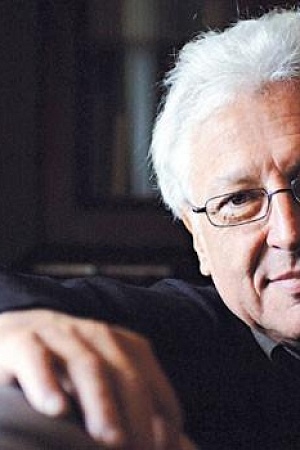Passages to England
The quirky kind of pleasure’ provided by coincidence; the ‘rightness’, whether logical or poetic, of connections between seemingly unconnected people, particularly connections that are inadvertent or may remain unknown to the people concerned; the ‘pleasing symmetry’, in retrospect, of various experiences we share with another human being, even when the experiences concerned were painful ones and their circumstances tragic: these are but a few of the broader observations, incidental but also integral, strewn throughout Two Lives (2005), Vikram Seth’s recent memoir of his great-uncle Shanti and Shanti’s German-Jewish wife, Henni. Integral not only to their nephew’s story of their fortuitous coming together in Nazi Germany and subsequent lives in England, but also to the life experiences of Seth’s readers, including (in my own case, certainly) the experience of reading the book itself. Such riches as are to be found in this story of ‘strange journeys’ and ‘chance encounters’ may also be found, Seth observes at the end, ‘behind every door on every street’. For me, the coincidences, inadvertent connections and serendipitous symmetries I found in the author’s trajectory and mine came to border on the uncanny.
Continue reading for only $10 per month. Subscribe and gain full access to Australian Book Review. Already a subscriber? Sign in. If you need assistance, feel free to contact us.










Leave a comment
If you are an ABR subscriber, you will need to sign in to post a comment.
If you have forgotten your sign in details, or if you receive an error message when trying to submit your comment, please email your comment (and the name of the article to which it relates) to ABR Comments. We will review your comment and, subject to approval, we will post it under your name.
Please note that all comments must be approved by ABR and comply with our Terms & Conditions.